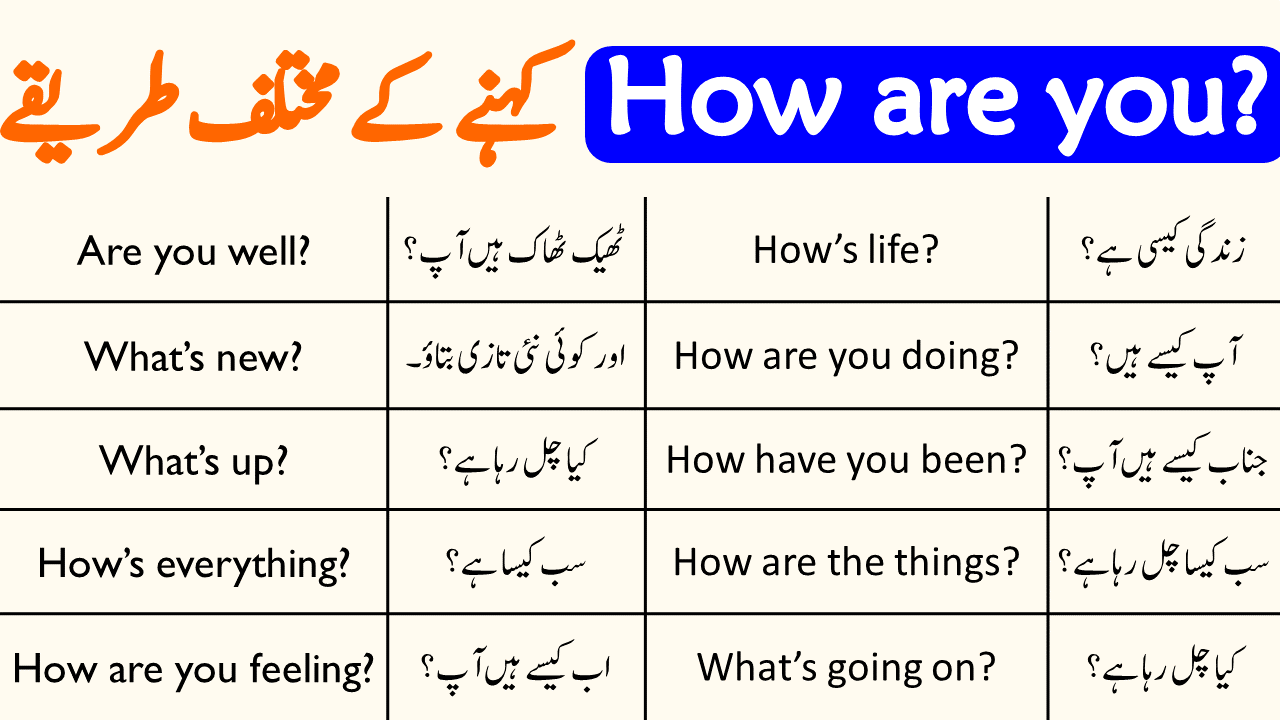Category - Other Ways to Say
Learning other ways of expressing oneself in English, beyond traditional methods, is important for several reasons:
- Enhanced Communication Skills: Learning alternative ways of expressing oneself in English expands your communication toolkit. It allows you to convey your thoughts, feelings, and ideas more creatively and effectively. By exploring different linguistic resources, such as idioms, metaphors, and figurative language, you can add depth and richness to your communication, making it more engaging and memorable for your audience.
- Cultural Fluency: Languages are deeply intertwined with the cultures they belong to. Learning alternative ways of expressing oneself in English exposes you to the cultural nuances and subtleties embedded within the language. This knowledge helps you better understand and appreciate different cultural perspectives, fostering intercultural competence and enhancing your ability to connect with individuals from diverse backgrounds.
- Contextual Adaptability: English is a dynamic language with a wide range of registers and styles. Learning different ways of expressing oneself allows you to adapt your language to specific contexts and social situations. For example, you might need to adjust your communication style when speaking in formal settings, casual conversations, professional environments, or creative discussions. Developing versatility in English expression enhances your ability to navigate various social dynamics and effectively convey your message in different settings.
- Creative Expression: Learning alternative ways of expressing oneself in English encourages creativity and originality in your communication. It allows you to break away from conventional patterns and explore new ways of expressing your thoughts and emotions. Engaging in creative language use, such as storytelling, poetry, or wordplay, not only enriches your linguistic repertoire but also fosters self-expression and imagination.
- Improved Listening Skills: Learning alternative ways of expression in English not only benefits your own communication but also enhances your listening skills. When you encounter individuals who use unconventional or figurative language, being familiar with alternative expressions helps you decipher their intended meaning and understand their messages more accurately. This ability to comprehend various forms of language broadens your overall comprehension skills.










